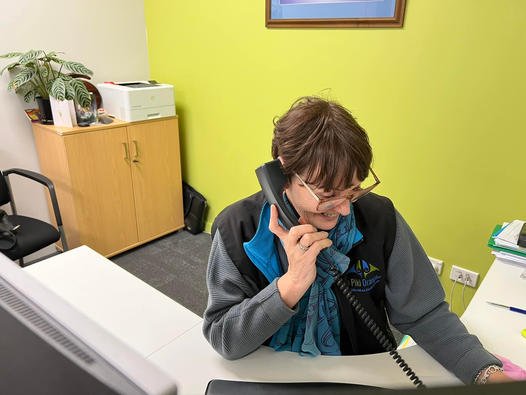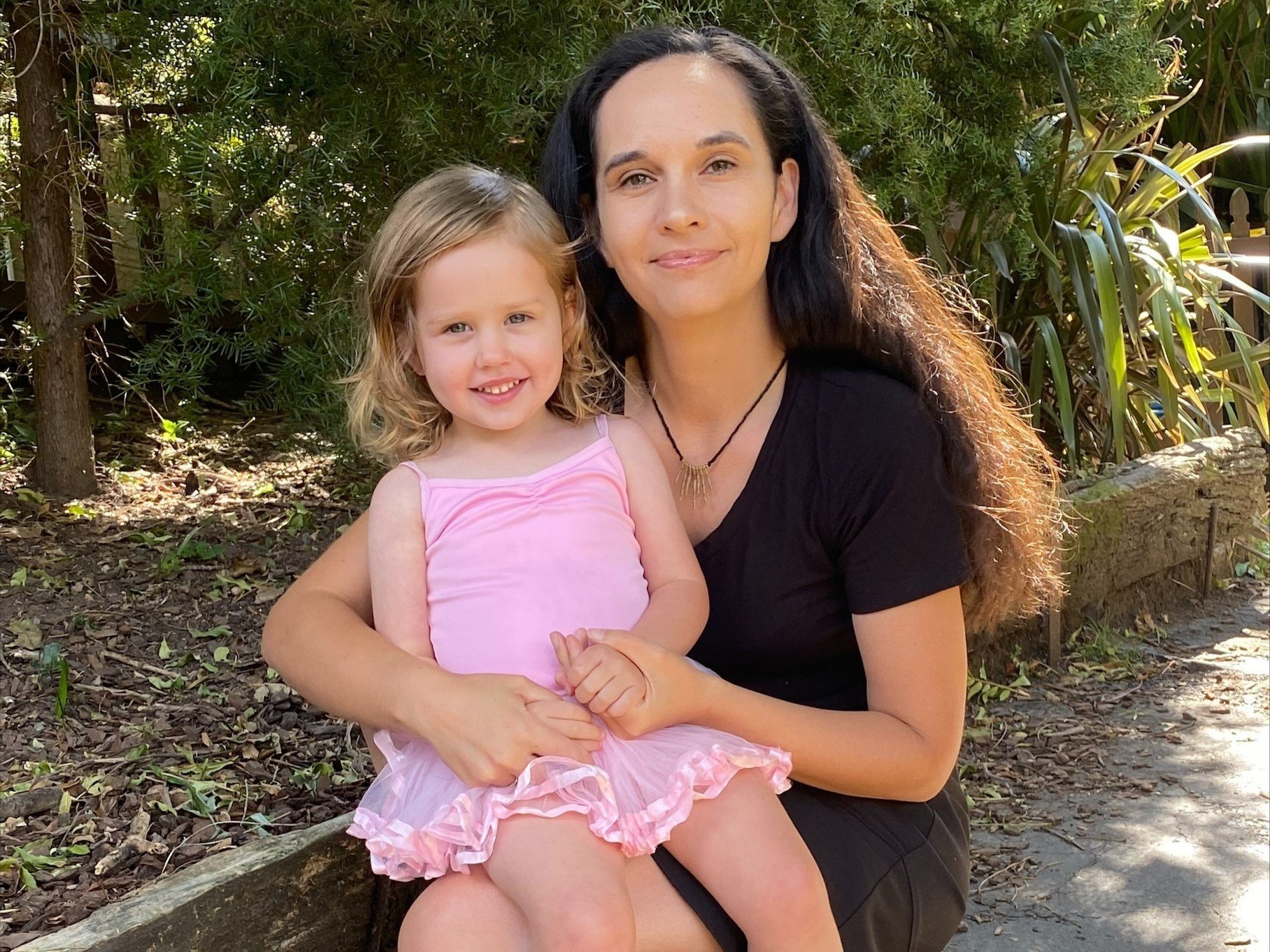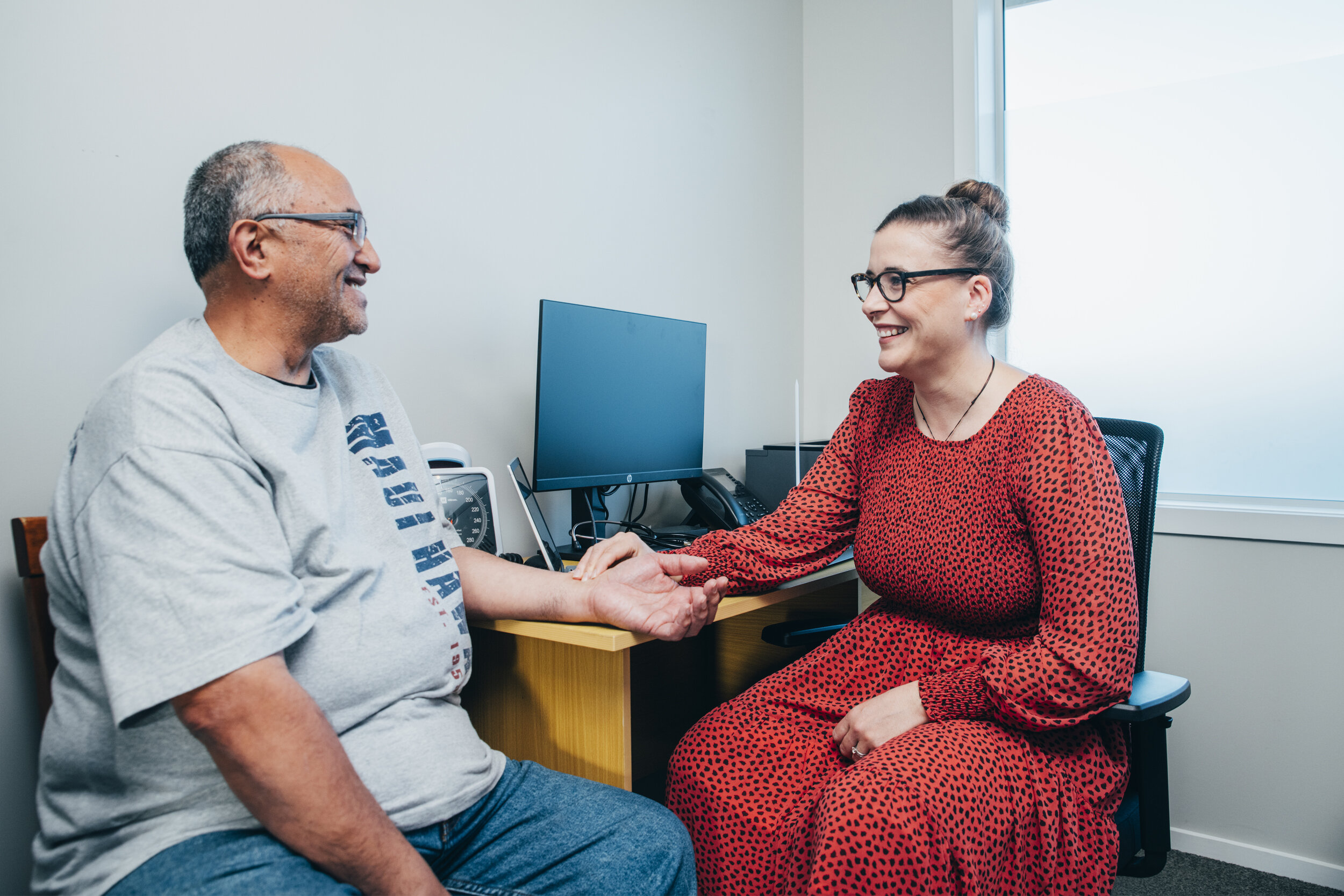By Tāwhaki Simons – Kaiārahi Hōtaka, Cancer Society (Nelson and Motueka)
In October, Te Piki Oranga collaborated with the Cancer Society to host a whānau wellbeing day in Ōmaio (Stoke). Here is Tāwhaki Simons’ pakiwaitara:
Tāne Matua, Tāne-nui-a-Rangi, Tāne Whakapiripiri, whakarongo mai, whakarongo mai
Nāu i wehe ngā mātua, nāu ko te rā, nāu ko te pō Nāu i whakairi te whānau mārama, nāu ko te awatea Nāu i tiki atu ngā mātauranga, nāu ko te wānanga Nāu i pupuhi te hauora, nāu ko te tangata
Nāu ahau, nāu ahau Tīhei Mauri Ora!
The kaupapa of this day was to empower whānau by providing them with the opportunity to whakarongo, kōrero and connect around their hauora.
Kaumātua, rangatahi and tamariki, tāne and wāhine were offered information about services and support. A fun icebreaker quiz incorporated serious and relevant messaging about prevention, and giveaways also reinforced positive health messages.
Noi Burgess, Kaituhituhi Matepukupuku, spoke about the cancer support services offered by Te Piki Oranga. The highlight of the day was rangatira Te Ururoa Flavell’s kōrero about his haerenga with prostate cancer – his passion for life was inspiring to all in attendance.
Te Ururoa spoke engagingly about the emotional rollercoaster of receiving a cancer diagnosis, going through treatment and his willingness to throw everything at his illness for the sake of his whānau.
He passionately implored tāne to be proactive with their hauora and have regular check-ups. “It’s about relationships,” Te Ururoa emphasised. “When we’re not well, it impacts the whole whānau!”
The feedback from whānau was very positive:
“It was good to talk to another tāne with the same cancer”
“We need more of these sorts of events to keep people talking and thinking about their health for their whānau’s sake”
“The manaakitanga and kai were amazing”
“I actually only came for a kai with my whānau but ended up taking away some things to think about”
One tāne told me a few days later that his wife had insisted on him getting a prostate specific antigen test after listening to Te Ururoa’s kōrero.
Photos above: Kaimahi and whānau in attendance
Te Ururoa Flavell gave inspirational cancer kōrero






























